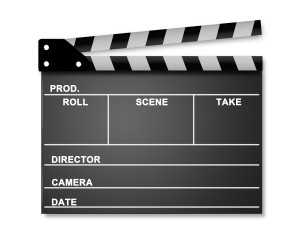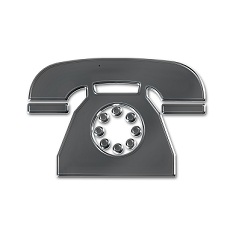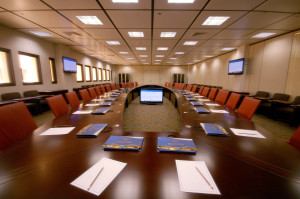 Streaming Realtime transcription is the term for transcription by court reporters to deliver computer text of speech over the Internet within seconds of the words being spoken. Realtime can also mean transmitting audio and video of the proceedings. Users can see the text and video from any computer with Internet access as the witness answers questions. Streaming realtime can be viewed from any computer, whether in the same room as the proceedings or viewed remotely from another location.
Streaming Realtime transcription is the term for transcription by court reporters to deliver computer text of speech over the Internet within seconds of the words being spoken. Realtime can also mean transmitting audio and video of the proceedings. Users can see the text and video from any computer with Internet access as the witness answers questions. Streaming realtime can be viewed from any computer, whether in the same room as the proceedings or viewed remotely from another location.
Here are some of the benefits of using realtime transcription:
View text and video in real time during the proceedings.
This form of streaming transcription is accessible as it happens in real time. An attendee may not be in the same room, but through streaming realtime, they can watch from their office or remote location and see what is happening as it unfolds. No longer will you need to obtain a video to send to the party who wishes to see it.
Attend and participate in depositions from any computer remotely.
Streaming realtime can cut down on your travel time. Rather than driving for hours for a short deposition in which you are going to ask only a couple questions, you can now hire a court reporter to provide streaming realtime which you can access from your desk. Streaming realtime allows you to not only view but also participate in the deposition.
Carefully review testimony during proceedings as needed.
Unlike a regular video dep, streaming realtime allows you to see the written words on your computer screen as it happens. This can make it easier for you to follow the testimony and carefully review areas of special concern as they are being spoken.
Quickly search text during the proceedings.
As you are listening to the deposition, if you find a need to go back and review previous pieces of testimony, you can do so with streaming realtime transcription. You can then direct attention to the necessary areas of testimony, rather than wait until the transcript is prepared.
Easily search text and video, and view them simultaneously once proceedings have ended.
There may be portions of the video and transcript you want to review immediately after the deposition has concluded. You will be able to search text and video to review those portions of interest. A transcript may not be ready for several days. This feature allows you to review while the entire deposition is still fresh in your mind.
Obtain a rough draft copy of the transcript after proceedings have concluded.
If you want to send the testimony to an expert witness as soon as possible, obtaining a rough draft copy will allow you to do so. You may have a quick deadline coming up and need to be sure your witness has reviewed the testimony.
Getting Started:
When scheduling a deposition, ask your court reporting firm if they provide realtime text and video streaming. Realtime transcription is often provided at higher rates than regular transcription as it takes a more specialized and experienced court reporter, so be prepared to pay a little more for the convenience of realtime transcription.
If you would like to schedule a deposition with O’Brien and Bails Court Reporting, you can now do so online with our Deposition Scheduler. We will be happy to take care of the details for you.
 As court reporters, we are very critical of courtroom scenes in movies. Often, they are unrealistic and contain inaccurate procedures. Since we see a lot of testimony, courtroom scenes in movies often do not live up to the real thing.
As court reporters, we are very critical of courtroom scenes in movies. Often, they are unrealistic and contain inaccurate procedures. Since we see a lot of testimony, courtroom scenes in movies often do not live up to the real thing. How many times have you called to hire a court reporter for a deposition only to find out the court reporter you called was not available on the date you requested? Most likely your next step was to call another reporter, and another, and another until you found one that was available.
How many times have you called to hire a court reporter for a deposition only to find out the court reporter you called was not available on the date you requested? Most likely your next step was to call another reporter, and another, and another until you found one that was available. Some of the fiercest competition in a busy law firm can be competition over use of the conference rooms. Some firms have complicated reservation systems in order to try to maximize use of such valuable space. This situation may have you looking for an alternative space to use for your upcoming deposition.
Some of the fiercest competition in a busy law firm can be competition over use of the conference rooms. Some firms have complicated reservation systems in order to try to maximize use of such valuable space. This situation may have you looking for an alternative space to use for your upcoming deposition. As a court reporter, I’ve listened to thousands of depositions. My job is to take down every word so the record is completely accurate. However, there are some things attorneys do in a deposition that make it much more difficult for me to get every word. Here are the top 10 mistakes attorneys make in a legal deposition.
As a court reporter, I’ve listened to thousands of depositions. My job is to take down every word so the record is completely accurate. However, there are some things attorneys do in a deposition that make it much more difficult for me to get every word. Here are the top 10 mistakes attorneys make in a legal deposition.